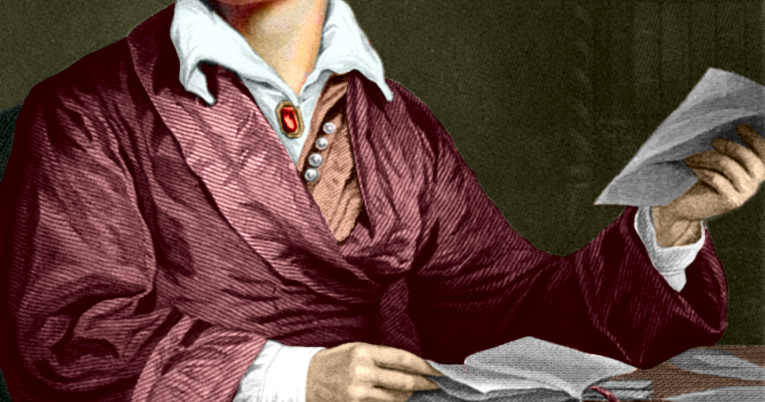
Travaux par aspiration was the slogan on the lorry. Doing building work with a vacuum cleaner. The noise was colossal and the trench long as this vast machine sucked up rocks, slabs of concrete the size of a diner plate, along with all the sand and gravel under the pavement. It left a clean trench, a metre deep for some 30 metres under our kitchen window, done and dusted in the morning of the last working day in July and with only three people on site.
My first paid employment meant digging in the stone and clay of a Chiltern valley. The flints refused to give way under my pickaxe. The knack of swinging it so the point fell with the fullest force possible just where I intended, took several days of training by the lads from Connemara.
You could tell them a mile off by the cut of their hair, their tweed jackets and steady pace of bodies whose assigned function in the economy of the time was to dig into the earth, whether it was the peat of their homeland or the hoggin of the Thames Basin. Between themselves the talk was in a soft, lilting language that switched to English when instructing me in how to make, or rather craft their tea.
This was as strong as their arms. Two half-pound packets of loose Indian from the Co-op round the corner, two pounds of sugar and a pint of milk tossed into a tin bucket of water simmering on a gas ring their ganger had brought by the bus and boat from Galway. As they dipped their cups in, I kept the bucket full with water, extra sugar, milk and tea leaves so the taste never lost its bite.
We knew each other’s names before we had lifted our first shovelful. The camaraderie and generosity to each other and to me was as warm as the language directed against their employer. Their lives, though, were hard and short, their final years solitary ones with a pint of Guinness at the bar and no pension to talk of in the pocket. Britain moved on the roads they built and lived in the homes they erected, but gave back little by way of thanks.
In 1960, on the outskirts of London, as now outside builders’ merchants in Paris, they and their kind waited and wait at the roadside for someone needing a ready hand to do a good job for as little money as the market can enforce. Travaux par aspiration is as much a threat to their restricted livelihoods as the automation of engineering factories or of bureaucratic work is to those who thought their jobs would be careers for life.[i]
Aristocratic sauternes
Where we stayed for part of this summer was a book in praise of Yquem,[ii] about the most expensive wine money can buy. Naturally, it was a song of praise to Alexandre de Lur Saluces as the vineyard in the Sauternes region of Bordeaux had been in the hands of his aristocratic family for centuries. Now, it is majority-owned by the luxury goods empire of France’s richest business figure Bernard Arnault and his LVMH, the company that clothes Brigitte Macron for free.
By a unique happenstance of the soil around the chateau and how it is drained, Yquem apparently gains its unparalleled quality because the vineyard is especially welcoming to an infection that turns the grapes into a shrivelling, fungus-ridden mass. Generations of skilled workers, mostly living in tied accommodation, made of these grapes what the author declares to be “a symbol of perfection”. We learn about what they have done, the skills they developed, the equipment they used, the price the fruit of their labours could command, even the luxurious meals that it should accompany.
The right to a name is granted to only one of them, if spiced with sexist condescension:
“Though uninhabited, the chateau is kept up and the Count often receives. The meals are usually prepared by one of the chefs of Bordeaux. For the more simple occasions, a member of the staff, a woman who knows how to roast a joint of mutton to perfection, is in the kitchen (and) it is Thérèse, one of the ‘vigneronnes du domaine’ who also cleans the house, who serves the wine, always at a perfect temperature, discreetly, with style and a calm pride.”
On page 82, two horses are pictured and named: Popaul and Pompon. The human being leading them out of their stables is left unpersonned amid this glorification of a tipple for the privileged.
In the 1990s, the work of caring for the vines still used ancient technology: perhaps it does today. Bernard Arnault, however, has plenty of experience in outsourcing, delocalising or just automating away jobs. Travaux par aspiration is the name of his game. It helps one understand why, amid all the names that never got scratched on a tombstone as capitalism and its industrial revolution moved centre stage, that of Ned Ludd, the machine breaker, is the only one we ever seem to remember.
To recall why we do, go and taste the crackling anger and sardonic irony of Lord Byron’s prose and poetry from 1812 when the then parliament voted to hang machine breakers: “Stockings fetch better prices than lives— / Gibbets on Sherwood will heighten the scenery, / Shewing how Commerce, how Liberty thrives.”
[i] You can catch up with the machines on the website of their manufacturer, the French company Rivard at https://www.rivard-international.com/en/products/aspiratrice-excavatrice/. Rivard has been part of the US Alamo Group for over a decade.
[ii] Richard Olney, Yquem, Flammarion, second edition, 1997
This piece was originally published in the September edition of Splinters.
When machines suck humanity out of the economy - Open Democracy
Read More
No comments:
Post a Comment